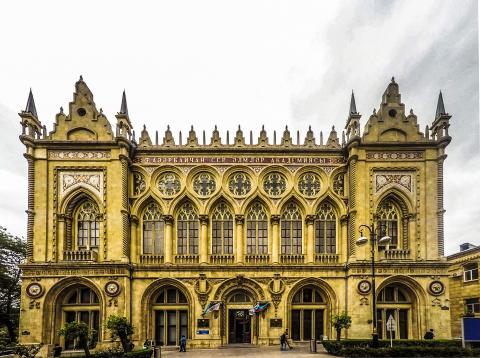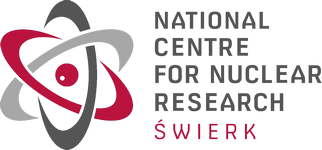Advanced Research Workshop
Cybersecurity of Industrial Control Systems
27-29 October 2021, Baku, Azerbaijan

(Presidium of the Azerbaijan National Academy of Sciences in Baku)
National Centre for Nuclear Research
ul. Andrzeja Sołtana 7
05-400 Otwock, Świerk
Poland
E-Mail: ncbj@ncbj.gov.pl
Institute of Information Technology
Azerbaijan National Academy of Sciences
Baku, B.Vahabzadeh str., 9A
AZ1141, Azerbaijan Republic
E-Mail: secretary@iit.science.az


